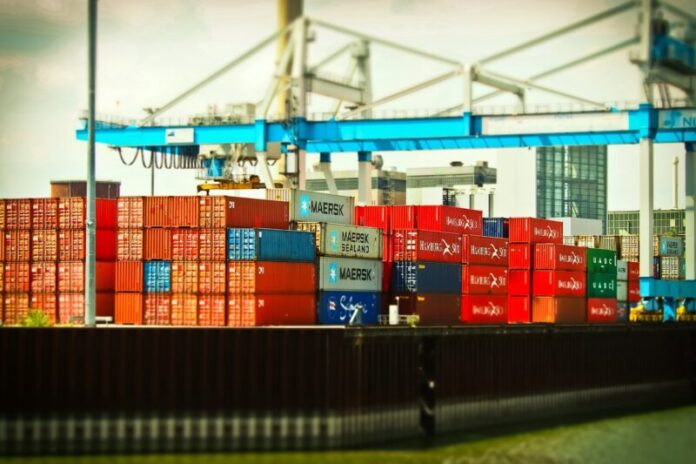
-
President Ferdinand Marcos, Jr. is considering the recommendation of Société Générale de Surveillance SA to conduct pre-shipment inspection on agricultural goods to stop smuggling
-
Marcos said the government may extend PSI’s coverage to agricultural invoices
-
He pointed to the need to first conduct a cost analysis to make sure no added burden will be imposed on consumers if SGS’ recommendation is implemented
-
The departments of Finance and Agriculture were ordered to study the proposal and come out with a mechanism to implement it
-
PSI is done only for bulk and breakbulk shipments currently
President Ferdinand Marcos, Jr. is mulling pre-shipment inspection (PSI) on agricultural goods to stop smuggling, Malacañang said in a statement.
The scheme is being recommended by Société Générale de Surveillance SA (SGS), once the exclusive provider of the PSI for the Bureau of Customs (BOC). The Swiss multinational company, which provides inspection, verification, testing and certification services, is also one of the BOC-accredited cargo surveying companies for bulk and breakbulk cargo and is working with the Department of Finance on the government’s fuel marking program.
The PSI “would minimize smuggling. It will be essentially…pre-shipping inspection,” Marcos said after meeting SGS vice president George Bottomley and managing director Cresenciano Maramot recently.
“Ibig sabihin, bago pa isakay ‘yung produkto sa barko doon sa pinanggagalingan, inspeksyunin na nila para sasabihin nila, ‘totoo ito, tama ang timbang, tama ang quality, tama ang nasa record na pinanggalingan’ — all of these items. Para hindi na natin kailangan gawin dito sa Pilipinas,” Marcos said in a statement released by the Presidential Communications Office.
(This means before a product is loaded on a vessel at the port of origin, the product will be inspected to ensure accuracy of weight, quality and origin. So that we don’t have to do these things in the Philippines.)
PSI is the practice of employing private companies to check shipment details such as price, quantity, and quality of goods ordered overseas. It is currently mandated for bulk and breakbulk shipments.
Marcos said they may extend PSI’s coverage to agricultural invoices to ensure correct payment of goods and to speed up the shipment release.
He noted, however, the need to first conduct a cost analysis to make sure no added burden will be imposed on consumers if SGS’ recommendation is implemented.
There have been attempts previously to expand coverage of the PSI, also known as a load port survey, to curb smuggling but they all fizzled out mainly due to the issue of who pays for the service.
RELATED READ: BOC proposes voluntary pre-shipment inspection of agri goods
Malacañang noted that according to the United Nations Commodity Trade data for the Philippines, there is a 20.48% discrepancy in the reported values of agricultural imports from 2010 to 2021, resulting in revenue losses for the government. For edible vegetables, roots and tubers, the discrepancy was 34.74% and for swine meat (fresh, chilled or frozen), 41.89%.
Malacañang said conducting PSI and conformity assessment procedures, on the other hand, would ensure that the quantity and other specifications of the goods conform with sanitary and phytosanitary import permits and test the presence of diseases, among others.
SGS says PSI would address smuggling and contain the spread of diseases such as African Swine Fever and avian flu. The company said that inspection and testing fees would be paid for by the exporter.
Under the arrangement, SGS will create a digital invoice in a standardized format prescribed by the authorities on an online government platform for registered or authenticated agricultural exporter/seller/supplier.
The invoices would be available in real time to the Department of Agriculture (DA), Bureau of Internal Revenue, and BOC, which, according to SGS, would deter importers from manipulating or falsifying invoices and, will in turn also increase tax compliance and enable cross-agency trade data reconciliation.
The system will likewise ensure all agricultural importations are recorded and accounted for to prevent hoarding and price manipulation.
The cost of registration/authentication and operating the platform would also be paid for by the exporter.
Marcos directed the DOF and DA to study the proposal and come out with a mechanism to implement it.




